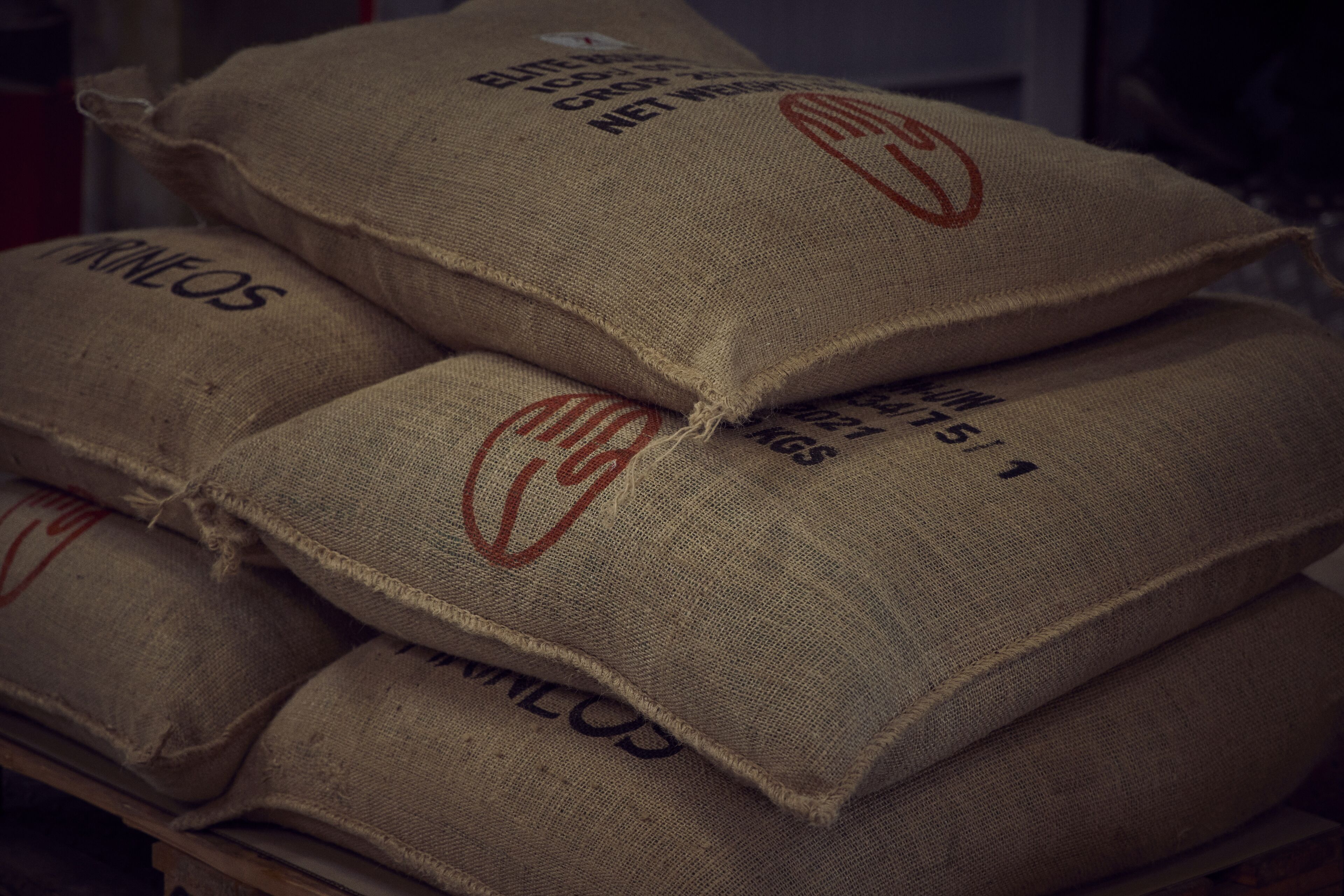
How to explain the rise in coffee prices?
Even as a player in the speciality coffee sector, coffee market prices influence our business as importers. Whether it's the price of Arabica, quoted in New York, or Robusta, quoted in London, it's hard to do without.
Arabica and Robusta prices have risen spectacularly in recent weeks. It is always risky to come up with a rational explanation when bullish and bearish indicators collide, and the sheep-like psychology of the stock markets tends to create a self-fuelling dynamic.
The recent story of the cacao market, which has risen even more spectacularly than coffee, has also broken down certain psychological barriers and opened up the field of possibilities.
But let's try to give some tangible, factual reasons for this rise.
Why does the market influence our prices?
Today, some of our coffees are sold "on differentials", i.e. a premium added to the current stock market price.
Commodity markets were initially conceived as risk management tools, before being turned into speculation tools. They make it possible to buy and sell at a price that is always correlated to the dynamics of the world market.
The world price serves as a benchmark for importers and producers. A rising price automatically pushes up the price of speciality coffees, even those traded at a fixed price.
How can this rise in prices be explained?
The Robusta market is at an all-time high
Vietnam is the world's leading producer of Robusta, and has a major impact on global prices. For the past 2 harvest years, coffee supply has been complicated by a combination of falling production (affected by drought) and producers holding back coffee (well financed thanks to very good prices in previous years).
In this context, the coffee is not marketed, but stored in the hope of increasing the price. There is therefore a lot of competition for the coffees available on the local market, driving up the bidding.
At the same time, it would appear that industrial roasters have been playing for time, hoping to buy at more attractive prices... However, prices have remained high and they now have to pay the price.
The situation in the Red Sea: when geopolitics gets involved
To make the picture even more complex, the geopolitical situation in the Red Sea is complicating the route between Asia and Europe.
This reduces the flow from the main Robusta origins (excluding Brazil), which are Vietnam, Indonesia, India, Uganda and Tanzania.
Recent tensions in the Middle East are only adding to anxiety about future delivery capacity.
Stress is being passed on to the Arabica market
This explosive situation in the Robusta market is stressing its Arabica cousin, with roasters shifting from one species to another.
To make it worse, Brazil was hit by torrential rain at the end of March. There are rumours that production, which is due to be harvested soon, could be affected.
What about the EU Deforestation Regulation?
Perhaps more technical, the EU Deforestation Regulation, which is due to come into force at the beginning of 2025, has brought its share of complexity to the compliance of stocks certified by the stock exchange authority and located in Europe.
These stocks are the 'temperature gauge' of the balance between supply and demand. Massive destocking would lead to a sudden rise in the temperature of the "temperature gauge". This threat poses an unusual and explosive risk for market players, who are risk management professionals.
What is the major risk of this market rise?
These market movements cause stress among traders, with a real risk (yet another!) of counterparties defaulting - "I'm no longer honouring my contract in order to benefit from the rise in the market" - and an extremely significant drain on the financing capacity of the major trading houses.
The violent rise triggers warning thresholds which in turn trigger upward movements and so on... Panic causes panic.
There are bearish elements (very good world exports, the position of speculative funds long as never before, the weakness of the Brazilian currency which favours exports, the new Brazilian crop about to be marketed). But they are overshadowed by the extremely complicated situation on the Robusta market and the explosive geopolitical situation.
In the meantime, it's the coffees that were bought at a fixed price and before the rise... that are becoming the best opportunities. A good time to move upmarket!
Did you like this article? Share it with your community:
